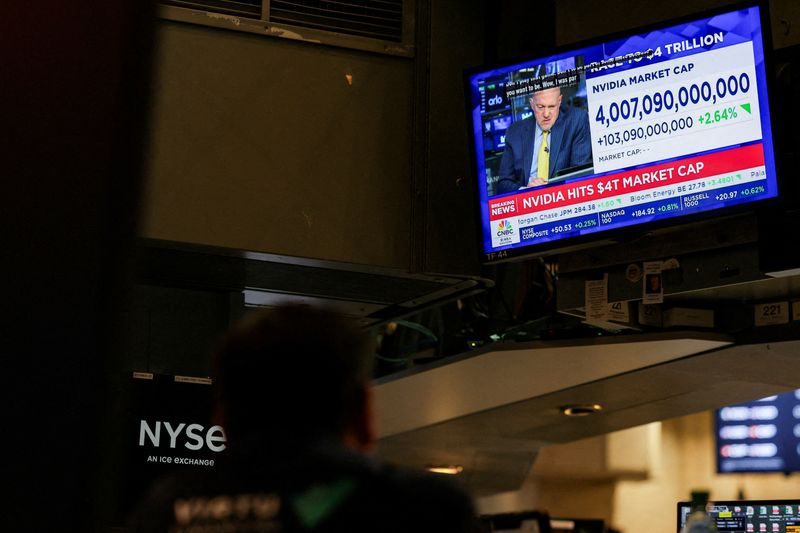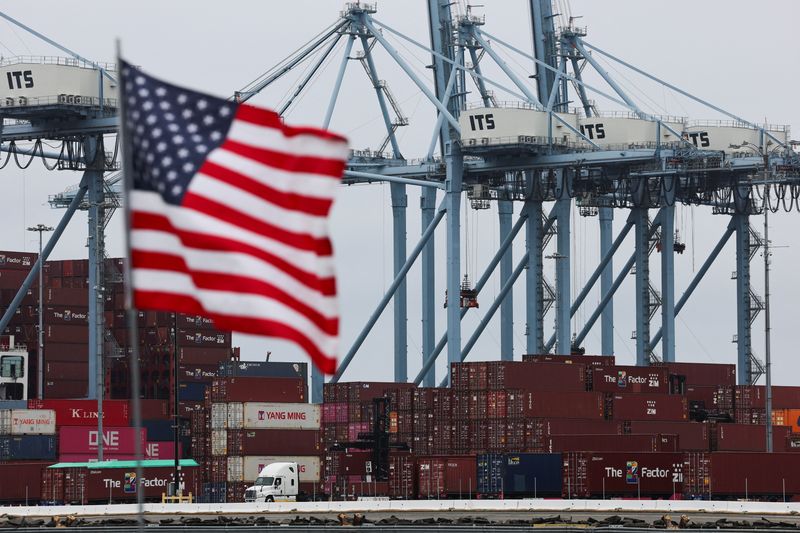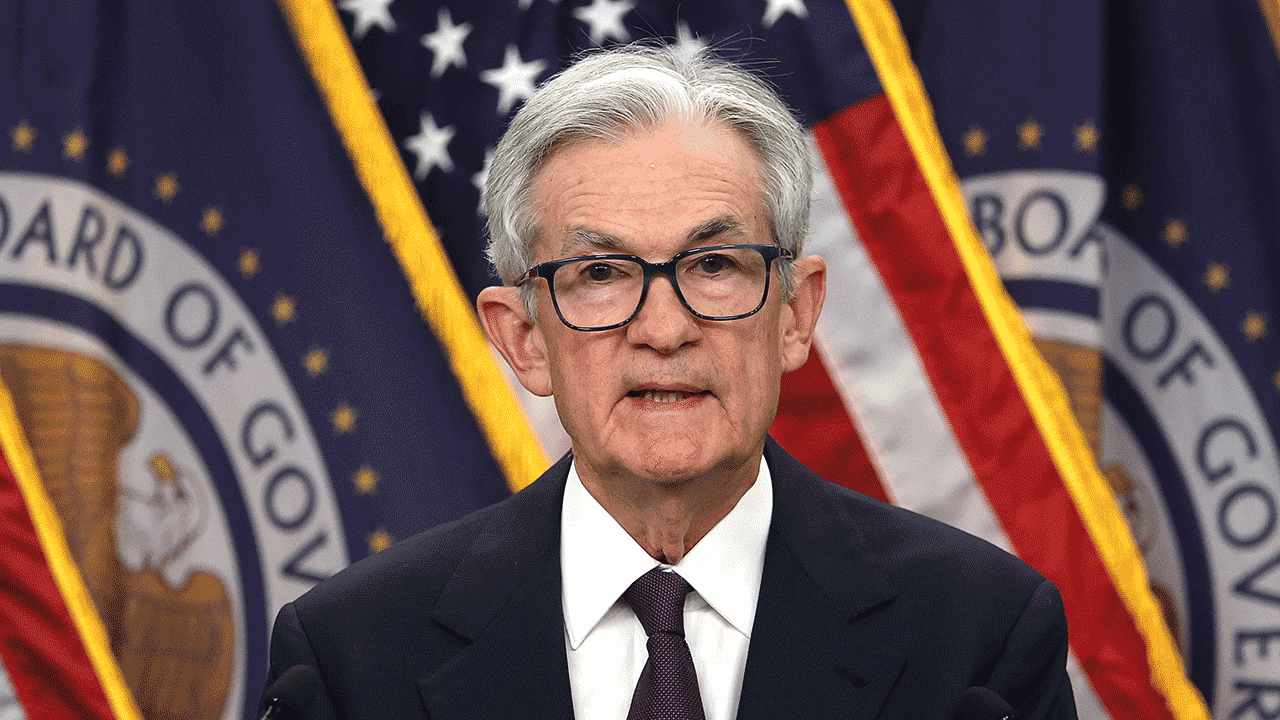
Stock Futures Drop Amid Tariff Uncertainty and Inflation Data
Market Reaction to Tariff Developments
A federal appeals court has temporarily reinstated Trump-era tariffs, overturning a lower court ruling that had blocked the levies. This pause allows the administration to file appeals and review the case further, creating legal uncertainty for businesses reliant on international trade. Investor sentiment has been negatively impacted as markets grapple with the potential economic implications of the tariffs. The uncertainty surrounding trade policy has historically introduced volatility, with analysts warning of potential delays in achieving clarity on the matter.
The reinstatement of tariffs has also raised concerns about increased costs for businesses, particularly in manufacturing and retail sectors. Companies like Gap have already projected significant financial hits due to these levies, with estimates ranging between $250 million to $300 million. The broader market response has been muted but cautious, reflecting the ongoing tension between potential trade disruptions and economic recovery.
Focus on Inflation and Economic Indicators
Investors are closely monitoring the release of the Personal Consumption Expenditures (PCE) Price Index, the Federal Reserve's preferred inflation gauge. This data is critical in assessing whether inflationary pressures are subsiding or persisting. Analysts expect the index to provide insights into the Fed’s next steps on monetary policy, particularly as markets price in a high probability of the central bank maintaining current interest rates at its next meeting.
The broader market is also digesting mixed economic signals, including rising initial jobless claims and modest GDP contraction in the first quarter. Despite these indicators, the Fed has maintained a cautious stance, emphasizing data dependency in its decision-making process. The PCE data could serve as a key driver for market expectations, influencing sectors like technology and financials that are particularly sensitive to rate changes.
Monthly Performance and Key Stock Movements
Despite volatility from tariff developments and economic data, major indices are on track for positive monthly gains. The S&P 500 and Nasdaq are poised for their best monthly performance since November 2023, with the Dow also advancing nearly 4% for the month. These gains have been supported by strong corporate earnings and hopes for progress in international trade negotiations.
Nvidia has been a standout performer, with its stock surging after a robust earnings report highlighted strong revenue growth. Conversely, Gap's stock took a significant hit, dropping nearly 15% after the company announced a projected $300 million impact from tariffs, despite posting better-than-expected quarterly results. Other notable movements include Ulta Beauty's 8% gain following an upbeat earnings report and raised guidance, and Marvell Technology's 3.9% decline due to a cautious revenue forecast. These mixed performances underscore the varied impact of macroeconomic and company-specific factors on the market.
 Sources
Sources- Stock market today: Dow, S&P 500, Nasdaq futures slip fate Trump tariffs, key inflation data focus
 yahoo
yahoo - Wall Street futures Trump's tariffs stay latest court ruling
 yahoo
yahoo - Stocks Likely Open Lower Appeals Court Temporarily Reinstates Tariffs: 'The Market Hate Uncertainty,
 benzinga
benzinga
- Stock market today: Dow, S&P 500, Nasdaq futures slip fate Trump tariffs, key inflation data focus
 yahoo
yahoo - Wall Street futures Trump's tariffs stay latest court ruling
 yahoo
yahoo - Stocks Likely Open Lower Appeals Court Temporarily Reinstates Tariffs: 'The Market Hate Uncertainty,
 benzinga
benzinga




